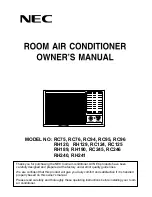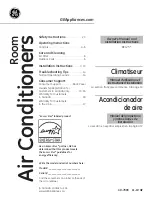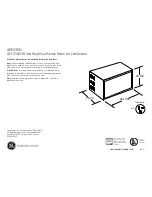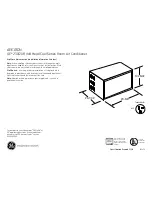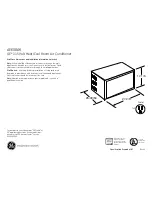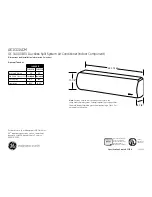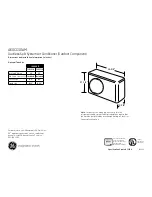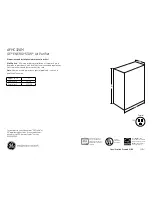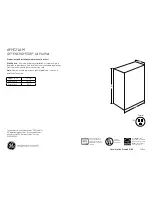
3-WAY SYSTEM
Outdoor Unit Repair Procedures
2
- 16
2
8. Charging Compressor Oil
8-1. If Refrigerant Has Already Been Charged to Outdoor Unit
Be sure to use an exclusive oil-charging tank for charging compressor oil. Prior to charging, carry out vacuum
drying inside the tank and take care that no air (in the form of bubbles) is permitted to enter the tank.
The oil charging procedures are given below.
* The receiver tank used for maintenance may be used as an exclusive oil-charging tank.
When installing the oil-charging
tank to the refrigerant system to
serve as a safety bypass circuit
for refrigerant, connect it to the
suction line service port carefully
to avoid releasing refrigerant into
the atmosphere.
Perform oil charging
work carefully so that no
liquid refrigerant enters
the charging tank.
(1) Evacuation drying in oil-charging tank
With the lower side valve fully closed, open the upper side valve and connect it to the vacuum pump via the
manifold gauge valves as shown below. Run the vacuum pump and evacuate the tank until the pressure falls
to below –101 kPa (–755 mmHg, 5 Torr) for the evacuation drying. After the evacuation drying is finished, fully
close the upper valve. Next, fully close the manifold gauge valves and stop the vacuum pump.
To ensure proper evacuation, refer to the operating instructions that came with the
vacuum pump.
Fig. 13
Fig. 12
CAUTION
(DPR : CV6230817937)
Nipple
Packless valve
(Receiver-tank:
CV6380152988)
CAUTION
Manifold gauge
Lo
Hi
Vacuum pump
Open to run,
then close to stop
Upper side
valve
Lower side
valve
Close to stop
SM830188-00̲3WAY.indb 16
SM830188-00̲3WAY.indb 16
2011/03/01 11:55:55
2011/03/01 11:55:55































